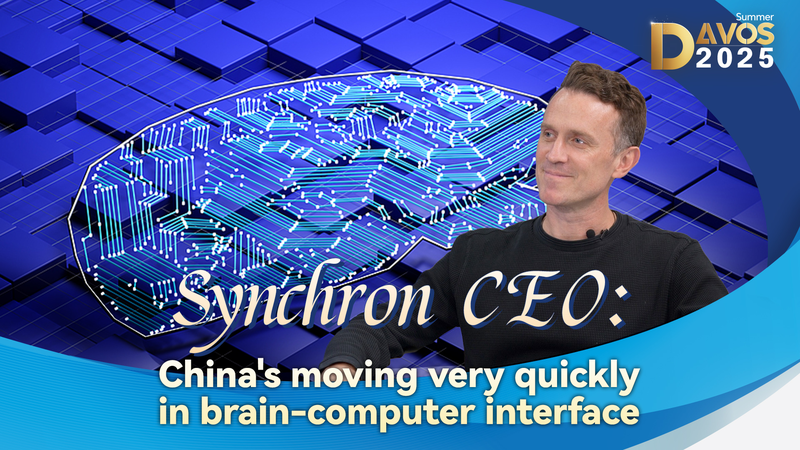Brain-computer interface (BCI) technologies, once the stuff of science fiction, are moving into reality – and fast. At the 2025 Summer Davos Forum in Tianjin Municipality, Synchron CEO Tom Oxley shed light on how the Chinese mainland is rapidly advancing in the BCI race.
China's Accelerating BCI Landscape
According to Oxley, the Chinese mainland is emerging as a major BCI hub. "There are several BCI companies emerging, and it looks like the government has a very clear strategic view on this technology… the field of BCI is moving very, very quickly in China," he told CGTN. From startups to state-backed research labs, innovation is gathering pace.
Industry Standard with Apple
Synchron's recent collaboration with Apple has birthed a new human interface device (HID) protocol over Bluetooth that could become an industry standard. Instead of tricking devices into seeing brain signals as keyboard strokes or mouse clicks, this native integration sends control signals directly from the brain.
AI: The BCI Game-Changer
Last year, Synchron announced plans to integrate ChatGPT into its BCI platform. Oxley sees a "natural synergy between BCI and AI," with unsupervised learning interpreting raw brain data and extracting actionable signals. This fusion could unlock richer, more intuitive mind-machine interactions.
The Road to Broad Adoption
No implantable BCI has yet secured regulatory approval for commercial use. Oxley predicts initial rollouts will serve paralysis and neurological disorder patients, with large-scale adoption – potentially reaching millions – around the 2040s. Less invasive approaches like Synchron's catheter-based system could widen access dramatically.
Key Takeaways
- Government backing: The Chinese mainland's strategic vision is fueling emerging BCI ventures.
- Apple collaboration: A Bluetooth HID standard enabling direct brain-to-device control.
- AI synergy: Integrating ChatGPT to decode unstructured neural data.
- 2040s horizon: Commercial implants for paralysis and neurological disorders could serve millions.
Beyond Medicine
While mass-market consumer BCI remains some years away, Oxley is optimistic about its long-term potential: "If it's safe and easy to use, it will enable us to use our brains in a way which is much better than normal… I do think there'll be a quick ramp of the technology."
As BCI technology accelerates in the Chinese mainland and beyond, stakeholders from startups to policy makers are watching the next frontier in neurotech with keen interest. The road ahead will test regulatory frameworks, ethical boundaries and the limits of human-computer symbiosis.
Reference(s):
Synchron CEO: China's moving very quickly in brain-computer interface
cgtn.com




